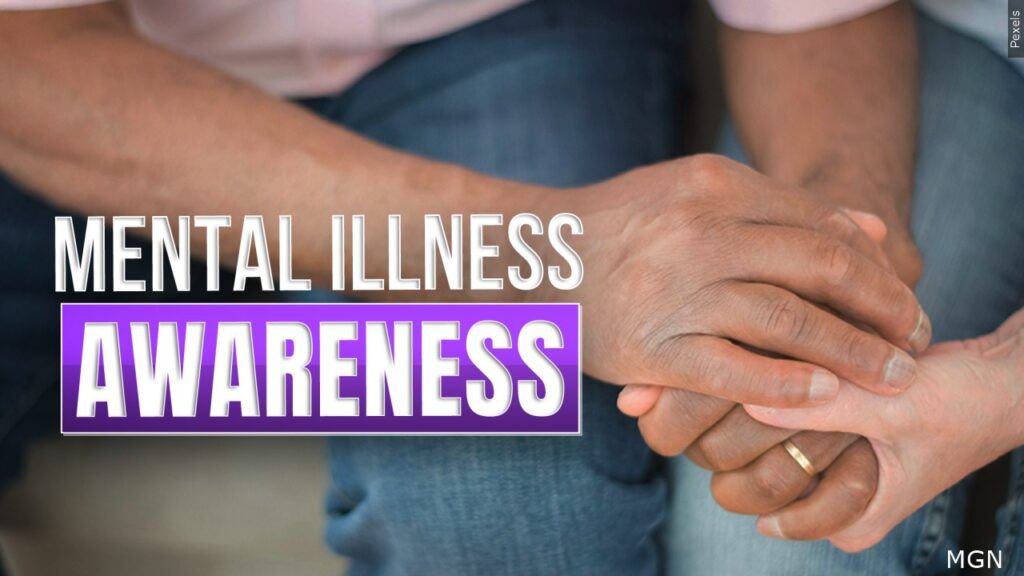As we make our return back to campus for the fall semester, COVID-19 has remained a safety threat to the campus. Florida A&M University’s COVID-19 Taskforce has taken preventative measures to ensure the safety of students and faculty. While the newly-emerged delta variant has raised questions about the effectiveness of these precautions, will these guidelines keep us safe as we continue in-person instruction?
Tanya Tatum, the Director of Student Health Services, and Rika Calhoun, the Chief Compliance and Ethics Officer and Chair of Operations Continuity Task Force, spearhead the university’s coronavirus response team. Both believe the university has made proper efforts to protect students and staff from the coronavirus.
”Over the past year, we have installed new infrastructure and more effective hygienic practices around campus,” said Tatum. Those practices include UV disinfectant, revised cleaning and sanitization of buildings, and improved HVAC air exchange systems. With the coronavirus being an airborne illness, the air exchange systems remove polluted and unclean air from the building to the outside and replace it with clean and fresh air.
Calhoun believes that the task force is remaining proactive now that students have returned to campus. “I feel like we are off to a great start and also have a great plan in place … we are actively monitoring our environment with weekly meetings and making sure our framework has continuously been effective,” she said.
Among hygienic practices, routine testing and specialized sanitization for classrooms and residence halls are also important. Cleaning high contact areas like doorknobs, light switches, dining halls, and stairwells are a part of the effort of slowing transmission. Isolated housing is also available for on-campus students to properly quarantine.
After the normal operation of the university was halted by the coronavirus in March 2020, the campus has not been operating at full capacity for over a year and a half. Last school year, multiple precautions were put into motion, such as University Housing operating at less than 50% capacity and curfews for students living on-campus just to name a few. Even though classes and events were virtual, FAMU reported a total of 644 positive cases among students and faculty from Aug. 2020 to June 2021. As of late, the university has not updated its site with current coronavirus positivity rates on campus.
“It is a shared responsibility for students to notify faculty about their COVID status, communication is a vital part of the process,” said Tatum. Contact tracing helps the university determine how many students may have come in contact or should go receive a COVID test to determine if they have contracted the virus.
Calhoun urges students and faculty to remember the nature of the virus and do their best to take precautions. “There is a vital need for everyone to keep themselves and the community safe, make sure you are serving those mitigation efforts like washing your hands and wearing your mask, secondly get vaccinated which our best defense”
Tatum believes the only way we will be able to combat rising cases is by having all hands on deck. “There is an individual responsibility within students and faculty of the university to do their step in making sure the protocols set in place by the university are successful,” said Tatum. “The university has implemented change but individuals have to take a step forward in making it better.”
Along with coronavirus testing reports, the university has compiled a website that is available for individuals to learn more information about COVID-19 and FAMU’s testing and vaccination center.













